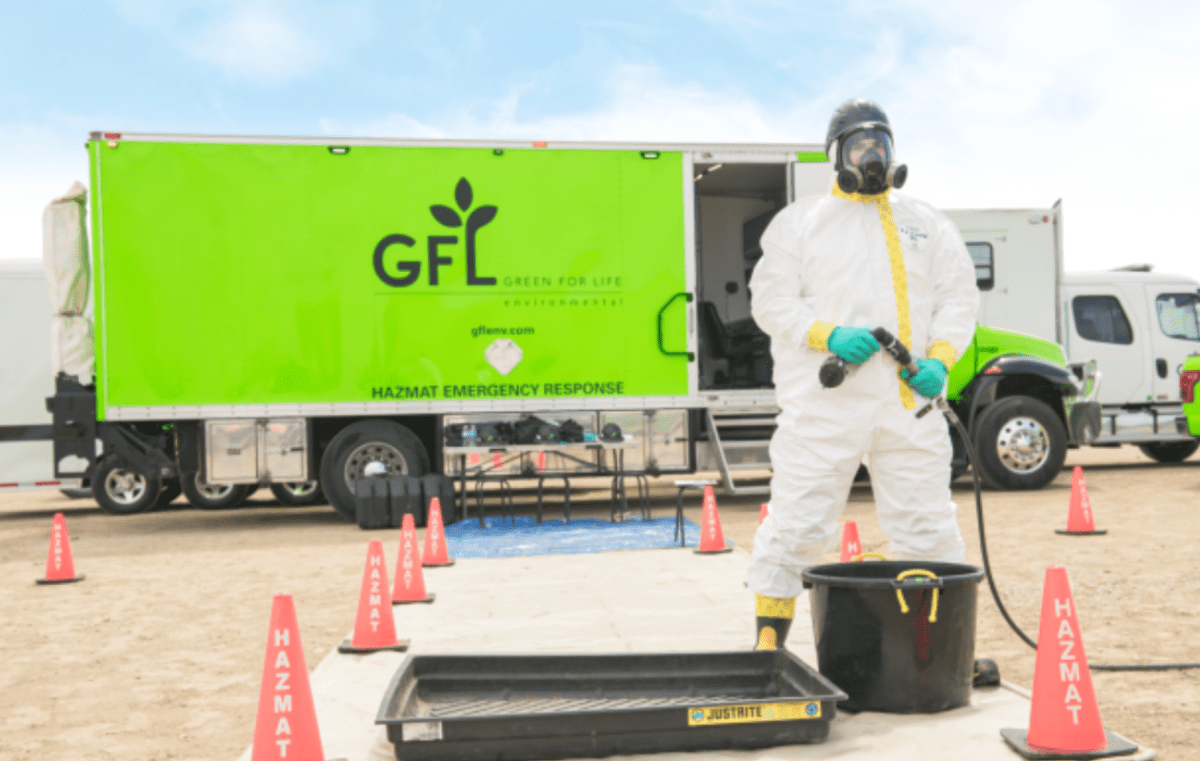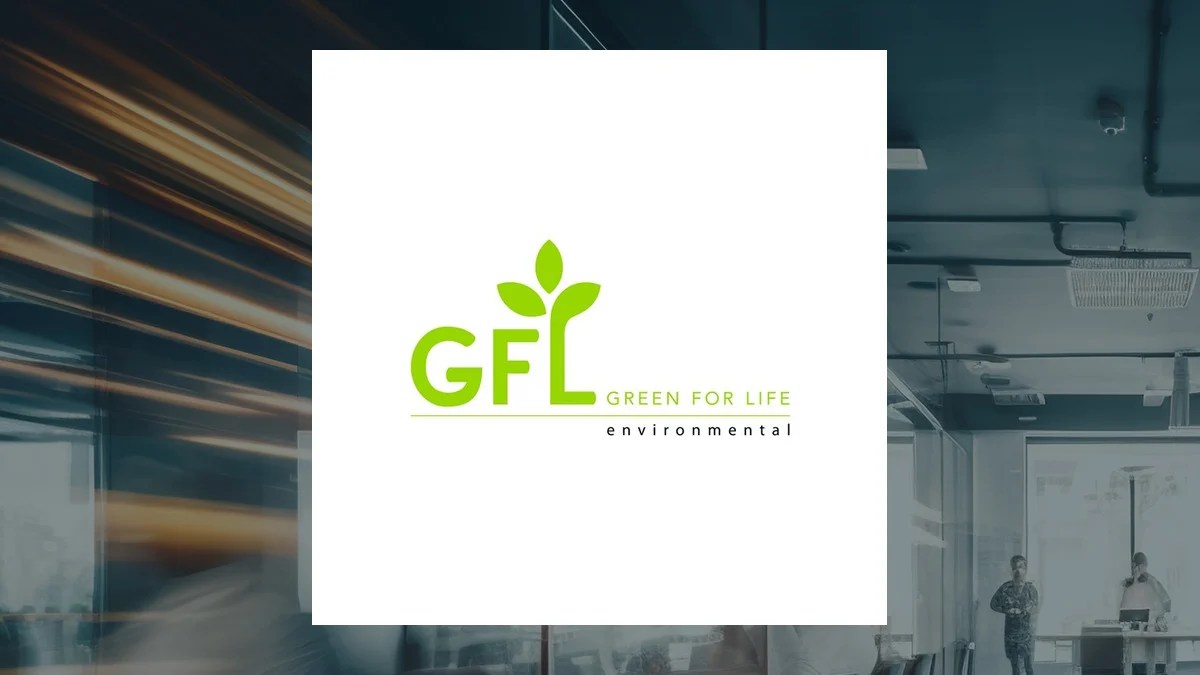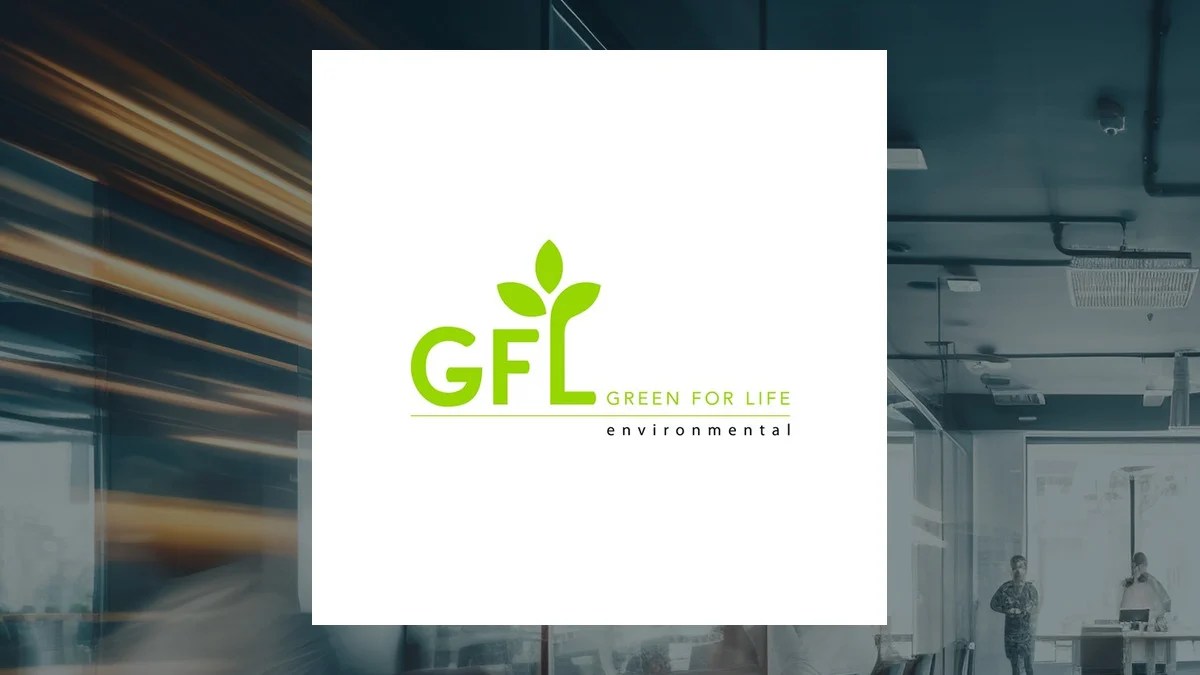GFL Environmental is a major player in the North American waste management industry. They handle everything from residential garbage collection to complex industrial waste disposal, shaping how communities manage their waste and striving towards environmental responsibility. This exploration delves into their business model, sustainability initiatives, environmental impact, regulatory compliance, and public perception, painting a comprehensive picture of this influential company.
We’ll examine GFL Environmental’s strategies for reducing its environmental footprint, including its investments in renewable energy and waste reduction technologies. We’ll also look at how they navigate environmental regulations and engage with stakeholders, and explore how technological advancements are reshaping their operations. Get ready to uncover the complexities and contributions of GFL Environmental in the world of sustainable waste management.
GFL Environmental’s Business Model
GFL Environmental is a leading North American waste management company, operating across a diverse range of services and geographical areas. Its success stems from a robust business model built on efficient waste collection, processing, and disposal, coupled with strategic acquisitions and a focus on sustainability.
GFL Environmental’s waste management solutions are constantly evolving. Imagine optimizing their routes with a fleet of quieter, more efficient delivery vehicles – perhaps even using cutting-edge technology like the antigravity drone for hard-to-reach areas. This would drastically reduce fuel consumption and emissions, aligning perfectly with GFL’s commitment to environmental sustainability and efficient waste disposal.
Core Business Operations and Revenue Streams
GFL Environmental’s primary revenue streams are derived from its comprehensive waste management services. These include residential, commercial, and industrial waste collection; transfer station operations; recycling and processing; and landfill disposal. The company also generates revenue through specialized services such as hazardous waste management and soil remediation. Revenue is largely based on volume and type of waste handled, with contracts playing a significant role in securing consistent income streams.
GFL Environmental’s commitment to sustainability is pretty impressive. Want to test your knowledge of current events related to environmental issues? Check out the clues for the NYT Connections puzzle, found here: nyt connections hints january 7. Solving these might even give you new perspectives on GFL’s impact on the environment and the challenges they face.
Waste Management Services
GFL Environmental employs a multi-faceted approach to waste management. Collection involves a fleet of vehicles servicing various customer segments. Processing includes sorting recyclables, treating organic waste (e.g., composting), and preparing waste for landfill disposal. Disposal primarily occurs at GFL-owned and operated landfills, adhering to strict environmental regulations. The company continuously invests in improving efficiency and optimizing these processes.
Comparison to Major Competitors
GFL Environmental competes with other large waste management companies such as Waste Management, Republic Services, and Waste Connections. While all offer similar services, GFL distinguishes itself through its focus on strategic acquisitions to expand its geographical reach and service offerings, and its increasing emphasis on sustainable practices. A key differentiator is GFL’s relatively faster growth rate compared to some established players.
GFL Environmental’s Market Share
GFL Environmental’s market share varies significantly across different regions. While precise figures are not publicly available for all areas, the company maintains a strong presence in Canada and is rapidly expanding its footprint in the United States.
| Region | Estimated Market Share (%) | Notes | Future Projections |
|---|---|---|---|
| Canada (Select Provinces) | High (varies by province, likely leading in some) | Strong existing infrastructure and acquisitions. | Continued growth through organic expansion and acquisitions. |
| United States (Northeast & Southeast) | Growing rapidly | Significant acquisitions in recent years. | Continued expansion and potential for increased market share. |
| United States (Midwest & West) | Moderate | Expanding presence through strategic acquisitions. | Potential for significant growth in the coming years. |
| Other | Limited | Focus primarily on North America. | Limited expansion outside of North America planned for the foreseeable future. |
GFL Environmental’s Sustainability Initiatives

GFL Environmental has publicly committed to a range of environmental, social, and governance (ESG) goals, reflecting a growing awareness of its environmental responsibilities. These initiatives are crucial for long-term business success and maintaining a positive public image.
ESG Goals and Renewable Energy Investments
GFL Environmental’s publicly stated ESG goals include reducing greenhouse gas emissions, increasing recycling rates, and promoting sustainable waste management practices. The company invests in renewable energy sources, such as solar and wind power, to reduce its reliance on fossil fuels for operations. Examples include installing solar panels at facilities and exploring partnerships for renewable energy procurement.
Waste Reduction Technologies and Greenhouse Gas Emission Reduction
GFL Environmental actively explores and implements innovative waste reduction technologies. This includes investing in advanced sorting and recycling equipment to maximize resource recovery and minimize landfill waste. Strategies for reducing greenhouse gas emissions focus on optimizing fleet efficiency, adopting alternative fuels, and capturing methane emissions from landfills for energy generation. Specific targets and progress reports are usually published in the company’s sustainability reports.
Hypothetical Scenario for Sustainability Improvement
A hypothetical scenario for further improvement involves increasing investment in anaerobic digestion facilities to process organic waste, generating biogas for energy and creating valuable biofertilizer. This would simultaneously reduce landfill burden, generate renewable energy, and offer a valuable byproduct for agriculture.
GFL Environmental’s Impact on the Environment
GFL Environmental’s operations, while essential, have potential environmental impacts. Understanding and mitigating these impacts is crucial for responsible waste management. Transparency and data-driven approaches are key to assessing and improving environmental performance.
Potential Environmental Impacts and Mitigation Efforts
The primary environmental impacts of GFL Environmental’s operations include greenhouse gas emissions from landfills (primarily methane), potential water pollution from leachate, and resource depletion due to landfill space. GFL actively mitigates these impacts through methane capture and energy generation, rigorous leachate management systems, and promoting waste reduction and recycling programs.
Waste Diversion Rates and Recycling Initiatives
GFL Environmental regularly reports its waste diversion rates (the percentage of waste diverted from landfills through recycling and other means). These rates vary depending on the region and the type of waste. The company’s recycling initiatives include investing in advanced sorting technologies and developing partnerships with recyclers to process various materials.
Future Environmental Challenges and Solutions
GFL Environmental faces several potential future environmental challenges. Addressing these requires proactive planning and adaptation.
- Challenge: Increasing volumes of electronic waste and plastic waste. Solution: Investing in advanced recycling technologies and promoting extended producer responsibility (EPR) programs.
- Challenge: More stringent environmental regulations. Solution: Proactive compliance and investment in technologies that meet or exceed regulatory requirements.
- Challenge: Climate change impacts (e.g., increased extreme weather events). Solution: Strengthening infrastructure resilience and developing contingency plans.
- Challenge: Public pressure for greater sustainability. Solution: Enhanced transparency, communication, and engagement with stakeholders.
GFL Environmental’s Regulatory Compliance
GFL Environmental operates within a complex regulatory framework governing waste management. Compliance is paramount, impacting operational costs and reputation. A robust risk management system is essential for navigating these complexities.
Compliance with Environmental Regulations
GFL Environmental is subject to environmental regulations at the local, state, and federal levels. These regulations cover various aspects of waste management, including landfill design and operation, air and water emissions, and hazardous waste handling. The company maintains a dedicated compliance team to ensure adherence to all applicable regulations.
Consequences of Non-Compliance
Non-compliance with environmental regulations can result in significant penalties, including fines, legal action, and damage to reputation. It can also lead to operational disruptions and loss of permits. Therefore, proactive compliance is a crucial aspect of GFL’s risk management strategy.
Risk Management Strategies and Impact on Operational Costs, Gfl environmental

GFL Environmental employs a comprehensive risk management strategy to address potential environmental compliance issues. This includes regular audits, employee training, and investment in technologies that enhance compliance. While compliance efforts contribute to operational costs, the potential consequences of non-compliance far outweigh these costs.
Ultimate Conclusion: Gfl Environmental
GFL Environmental’s story reveals the evolving landscape of waste management. Balancing profitability with environmental responsibility is a significant challenge, and GFL’s approach, while not without its complexities, demonstrates the increasing importance of sustainable practices within the industry. By understanding their operations, strategies, and challenges, we can gain valuable insights into the future of waste management and its impact on our planet.
Their journey highlights the potential for significant positive change through innovation and a commitment to environmental stewardship.
Questions Often Asked
What is GFL Environmental’s market capitalization?
This fluctuates; check a reputable financial website for the current market cap.
GFL Environmental focuses on waste management solutions, a crucial aspect of sustainable development. Thinking about community health, it’s interesting to see how other organizations contribute, like the Commons Clinic Announces the Grand Opening of New Santa , which highlights community investment. Ultimately, both GFL Environmental and initiatives like this contribute to a healthier environment and community well-being.
Does GFL Environmental offer residential services in my area?
Check GFL Environmental’s website for service area maps and contact information.
What are GFL Environmental’s main competitors?
Major competitors include Waste Management, Republic Services, and others depending on the geographic region.
How can I invest in GFL Environmental?
GFL Environmental stock is publicly traded; consult a financial advisor before making any investment decisions.
